New shrimp feed with partial fishmeal and fish oil replacements are shown to reduce the formulation’s carbon footprint
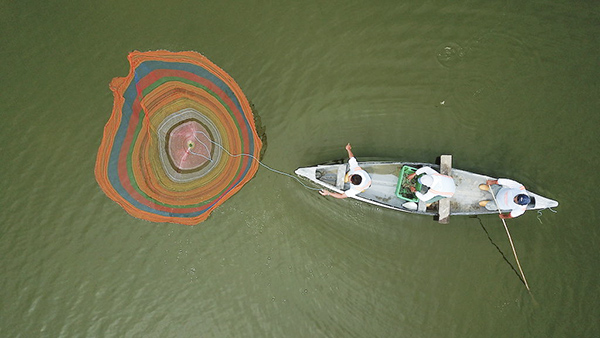
Skretting Ecuador, part of Dutch animal nutrition company Nutreco, will produce a new shrimp feed that will partly replace two ingredients – fishmeal and fish oil – with insects and algae. This will help increase the diversity and flexibility while reducing the marine carbon footprint in feed formulation. The feed will be used by Klaas Puul’s suppliers in Latin America to produce shrimp for Albert Heijn (the largest supermarket chain in the Netherlands), and possibly other retailers in dedicated ponds in Latin America.
“This will help us meet the targets of our Sustainability RoadMap 2025, particularly ensuring 5-10 percent inclusion of novel ingredients in feed formulations,” said Carlos Miranda, general manager of Skretting Ecuador. “We are proud of being part of this value chain collaboration that will move the needle forward to bringing a sustainable solution to end consumers.”
The fishmeal will be partially replaced by Protix’s insect meal, made from black soldier fly larvae, which recently achieved excellent sustainability scores in an independent Life Cycle Assessment. The fish oil will be partially substituted by Veramaris’s MSC/ASC-certified algae oil. Skretting Ecuador said that this is a restorative source of the essential omega-3 fatty acids EPA and DHA, necessary for the health and performance of farmed shrimp.
“One hundred percent of the remaining marine ingredients will be sourced from seafood processing byproducts, and all will be traceable back to MarinTrust-accredited fisheries in Ecuador,” stated Skretting Ecuador in a press release. “What’s more, the soy in the feed will be sourced from deforestation-free and land-conversion-free origins, making the feed proposition a significant improvement in terms of environmental responsibility compared with most conventional shrimp feeds on the market today.”
Over the next three years, the consortium partners will continue to improve the feed formulation according to their own sustainability goals, drawing on developments within the field of shrimp nutrition, while also “adjusting to the rapidly changing ingredient market.” Over time, the consortium will increase the inclusion rates of insect meal and algae oil and look at other options to further reduce dependency on marine ingredients. The consortium will also guarantee that all shrimp are produced from non-ablated broodstock and is ASC certified.
Follow the Advocate on Twitter @GSA_Advocate
Now that you've reached the end of the article ...
… please consider supporting GSA’s mission to advance responsible seafood practices through education, advocacy and third-party assurances. The Advocate aims to document the evolution of responsible seafood practices and share the expansive knowledge of our vast network of contributors.
By becoming a Global Seafood Alliance member, you’re ensuring that all of the pre-competitive work we do through member benefits, resources and events can continue. Individual membership costs just $50 a year.
Not a GSA member? Join us.
Author
-
Responsible Seafood Advocate
[103,114,111,46,100,111,111,102,97,101,115,108,97,98,111,108,103,64,114,111,116,105,100,101]
Tagged With
Related Posts
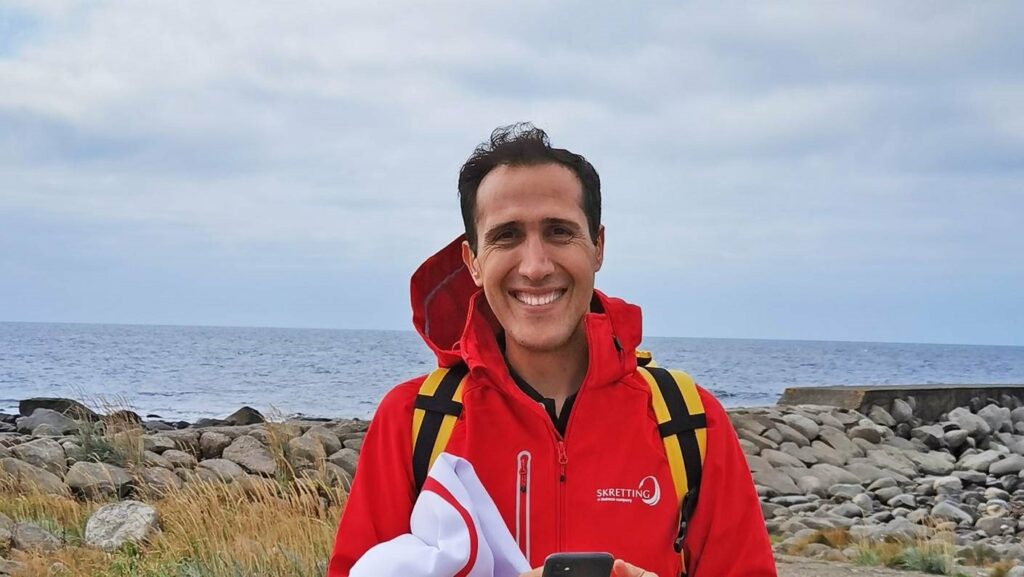
Responsibility
‘Do more and do better’ – Sustainability manager discusses Skretting’s ambitious agenda
Aquafeed giant Skretting recently appointed Jorge Diaz as its sustainability manager to advance its ambitious sustainability agenda.
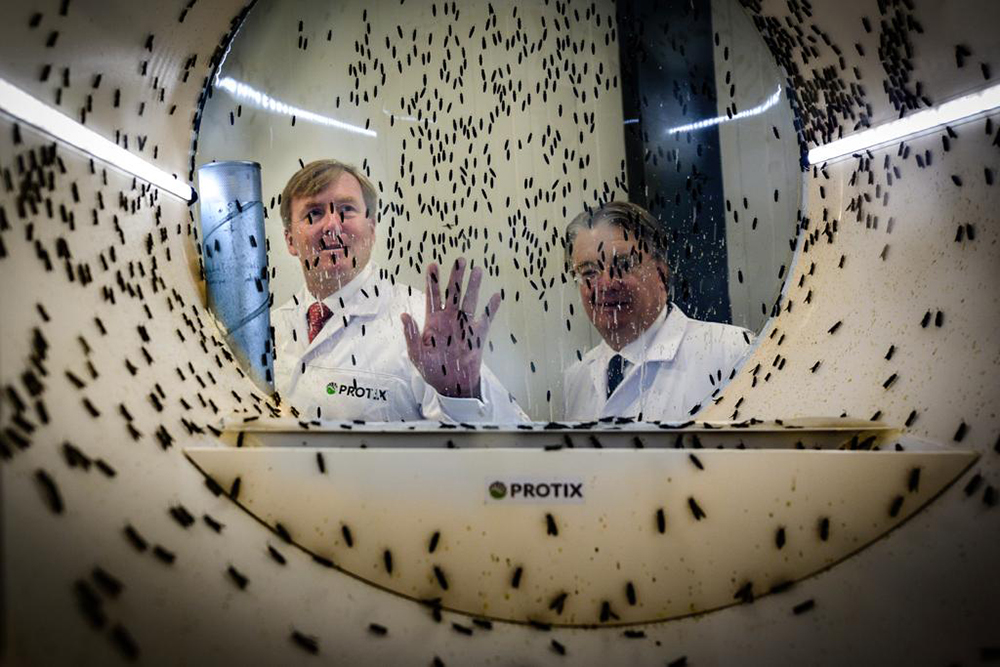
Aquafeeds
World’s largest fly factory attracting investors eyeing aquafeed expansion
A high-capacity black soldier fly factory puts Protix in position to ramp up production. Investors explain why they’re betting on the sector’s success.
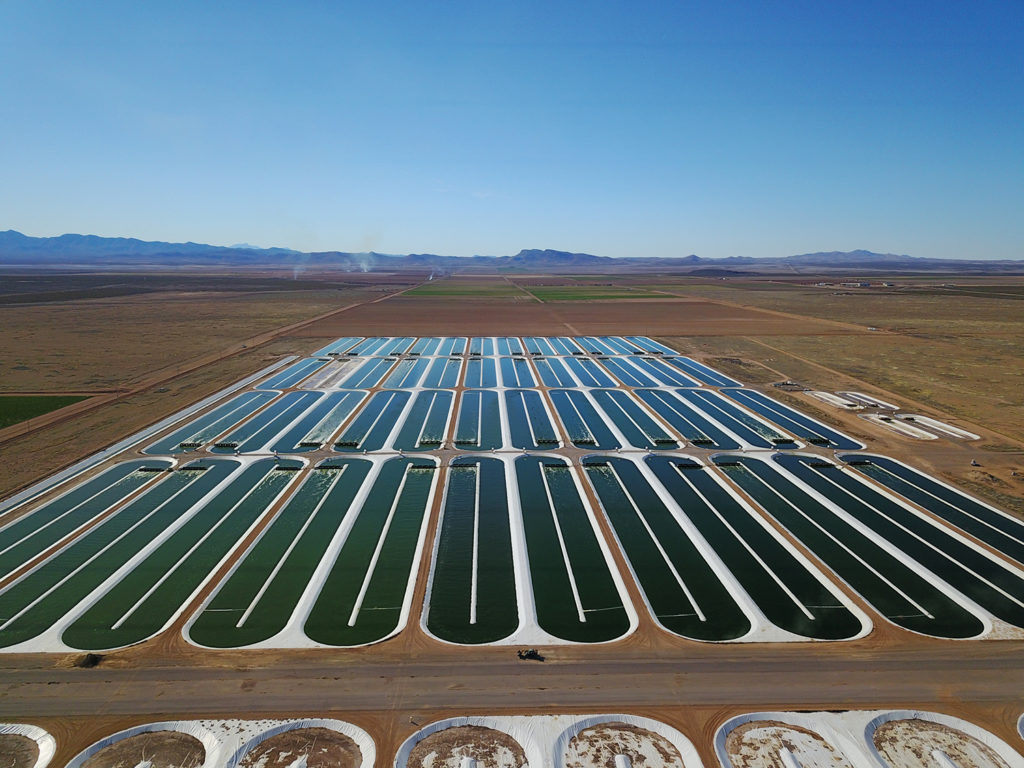
Aquafeeds
Pond-cultivated algae: Slimy superhero for aquafeeds?
Qualitas Health, which grows algae in ponds in New Mexico and Texas for human supplements, is entering the alternative aquafeed ingredient market.
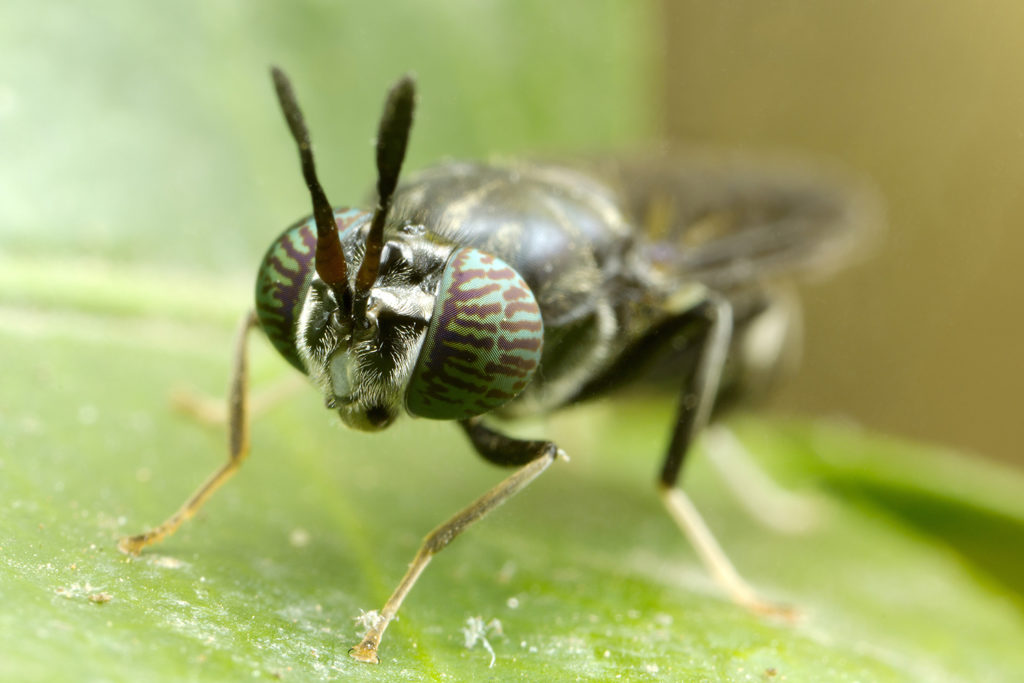
Aquafeeds
Fly guys: Canada opens the door for insect-based feed companies
The sci-fi flick “The Fly” warned about mixing flies and technology, but high-tech black soldier fly farmers are seizing a real opportunity in aquaculture.



